Priority needs
Your donations make it possible for the Stollery to offer the best care, research, programs, equipment and training so more kids can live longer, healthier lives.
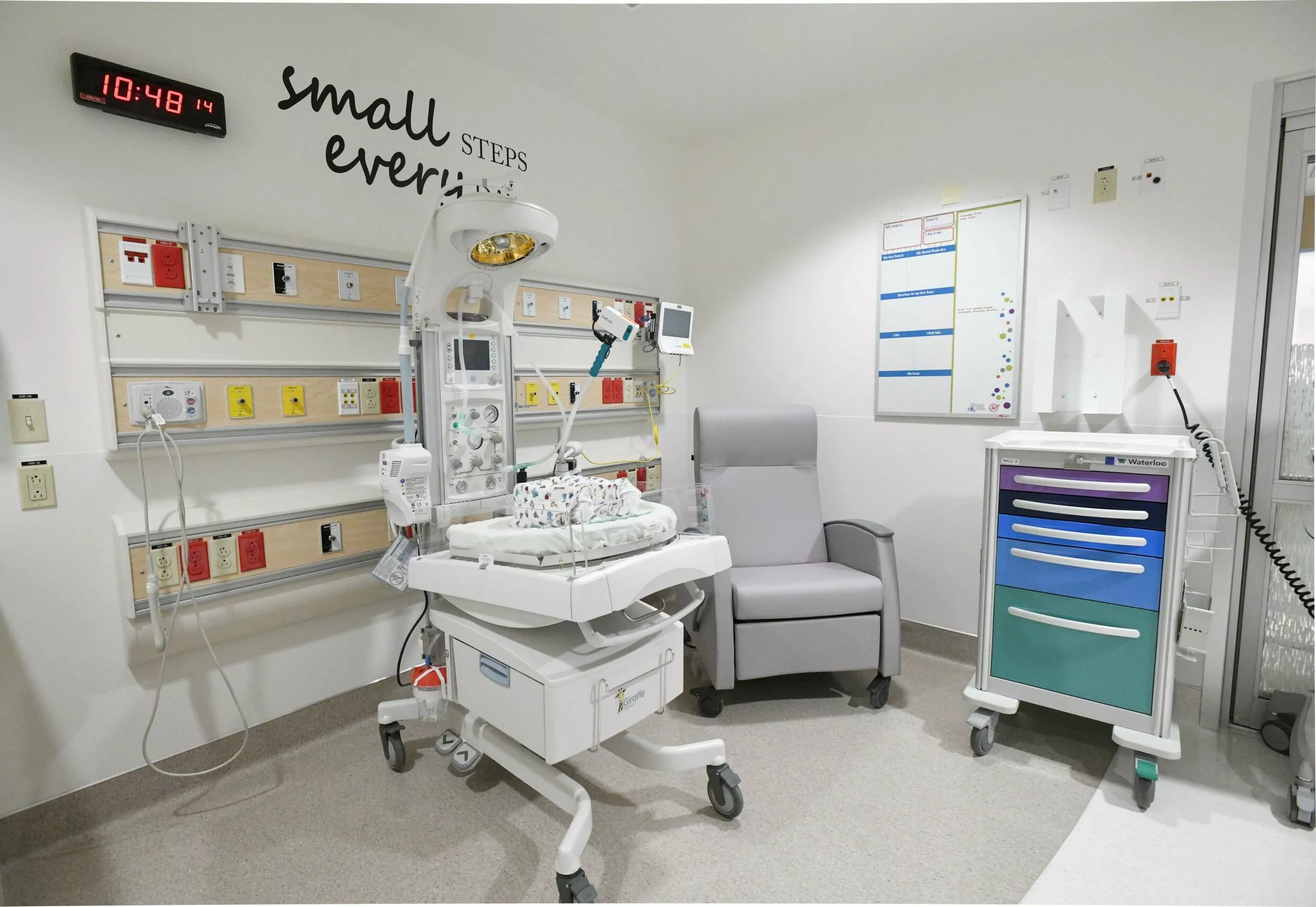
The Stollery Children’s Hospital is one of the top-three most specialized children’s hospitals in Canada.
This means the Hospital has the talent and equipment to treat everything from broken bones to the most complex medical conditions, and everything in between.
Our Hospital partners meet with us regularly to identify priority projects and gaps where donor support is most urgently needed. This allows us to direct your donor dollars to where they will have the biggest impact for the most families and staff.
How you can help
When you make a donation to the Foundation, you play a key role in transforming children’s health care in Western Canada by making sure kids and youth, no matter where they live, have access to some of the best physical and mental health care, anywhere in the world.
Give in support of the Hospital’s priority needs
Donate nowBecause of you, we can invest in:
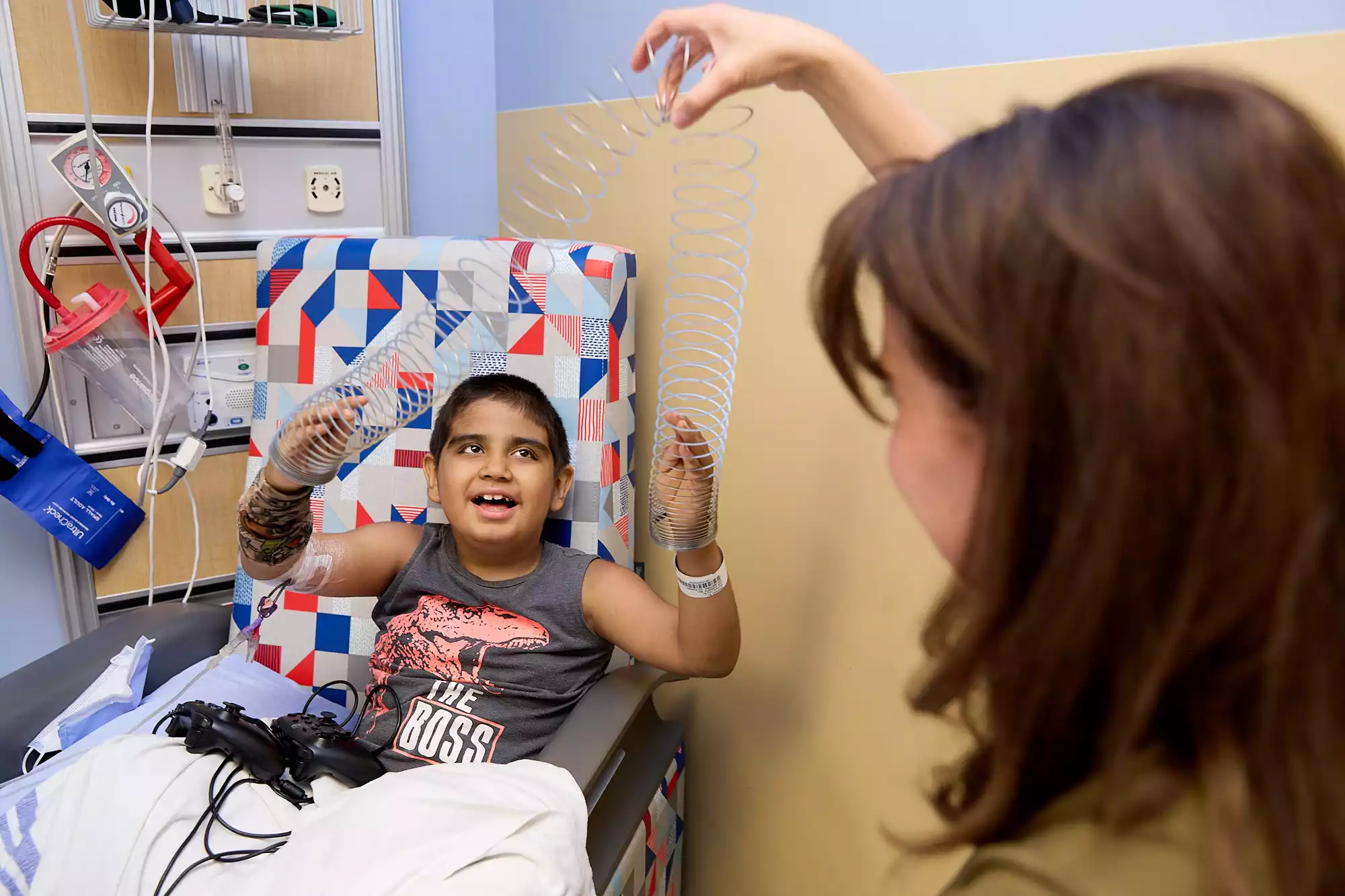
THE BEST PROGRAMS
Including patient and family-centred care programs such as Child Life, the Awasisak Indigenous Health Program and pet therapy.
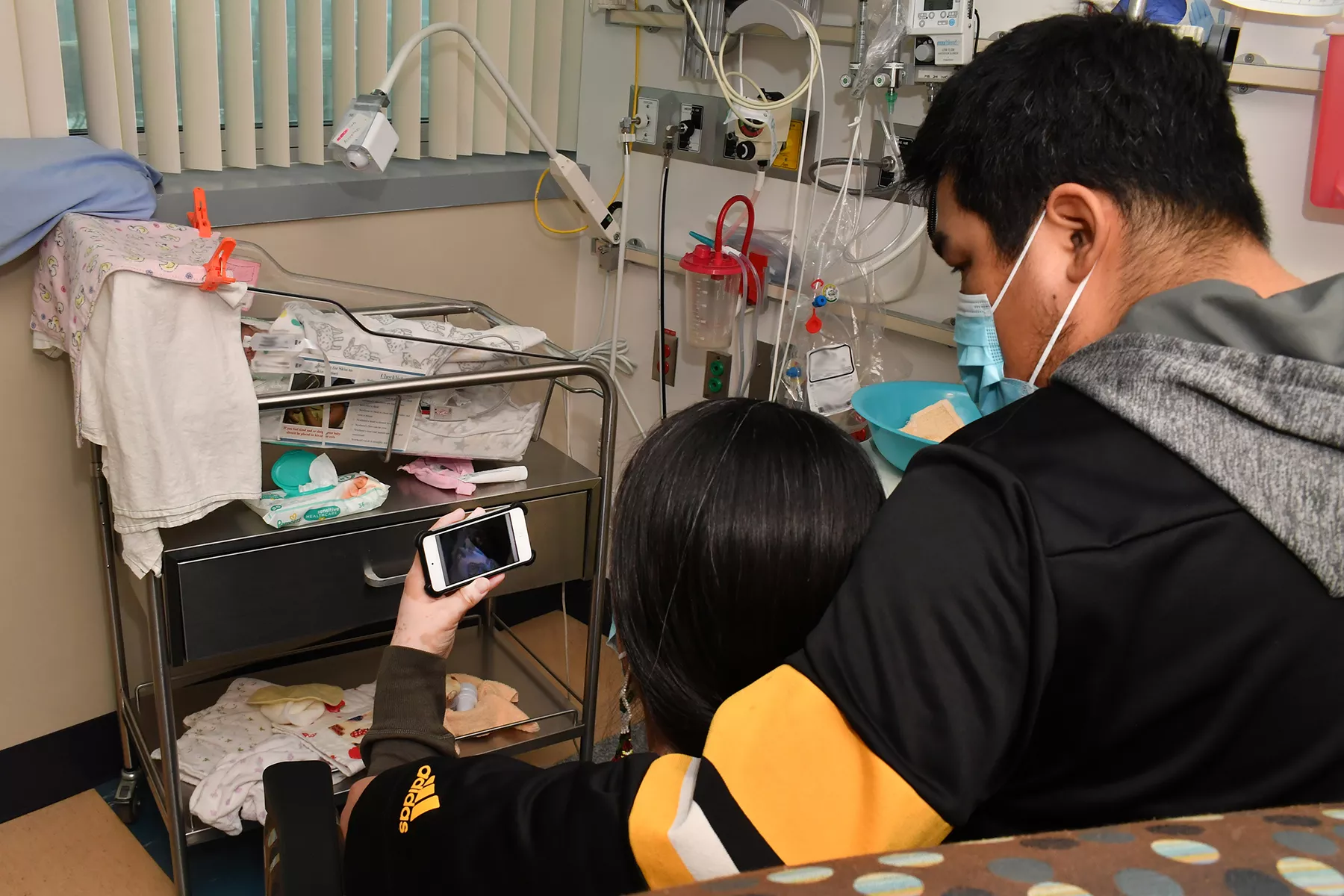
SPECIALIZED EQUIPMENT
Such as NICView cameras at Stollery neonatal intensive care units that allow families to see their babies anytime — and from anywhere — through a safe and secure live webcam video feed.
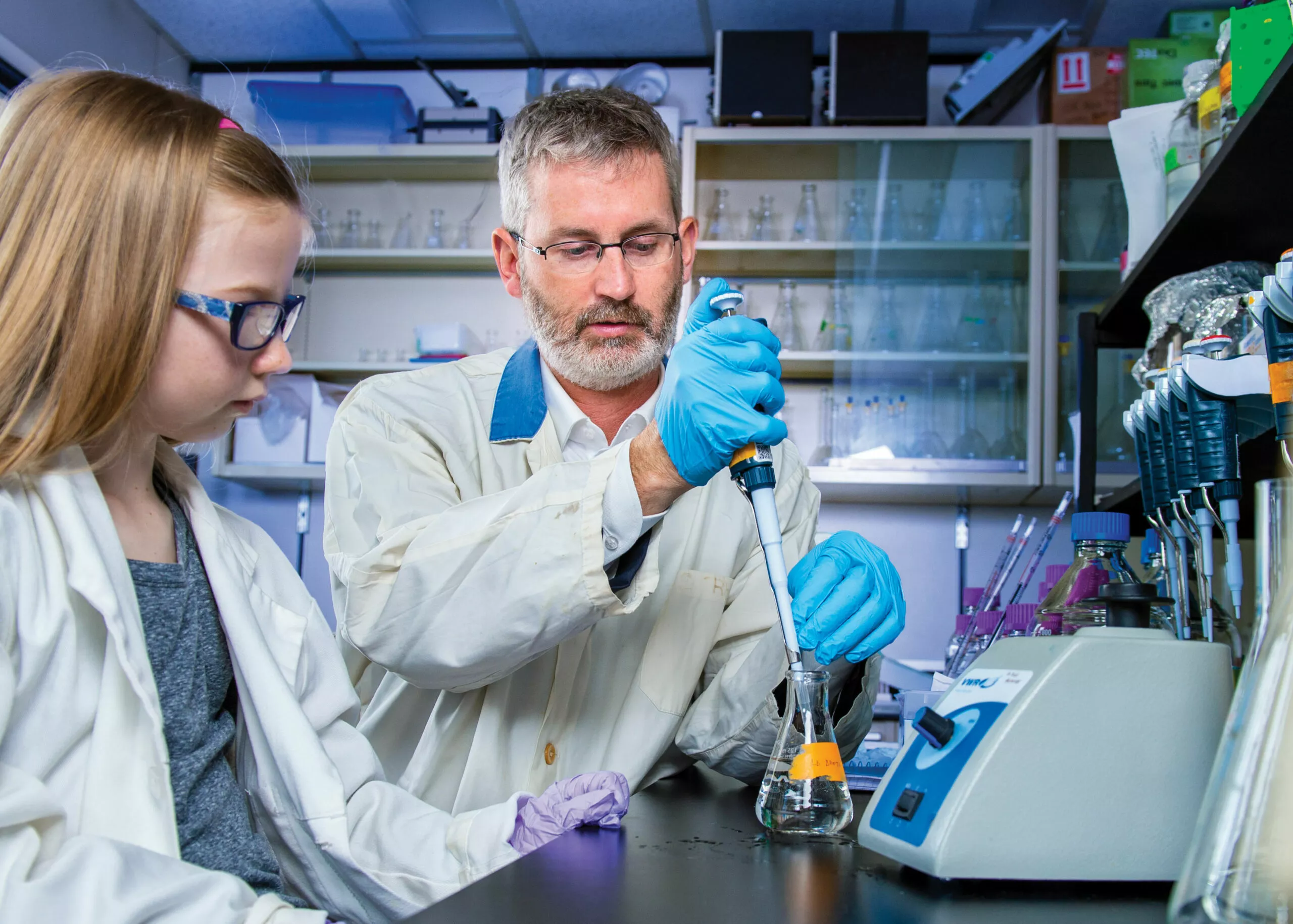
CUTTING-EDGE RESEARCH
Including our Stollery Science Lab Distinguished Researchers — seven star researchers and experts in their field, taking their children’s health projects to the next level.
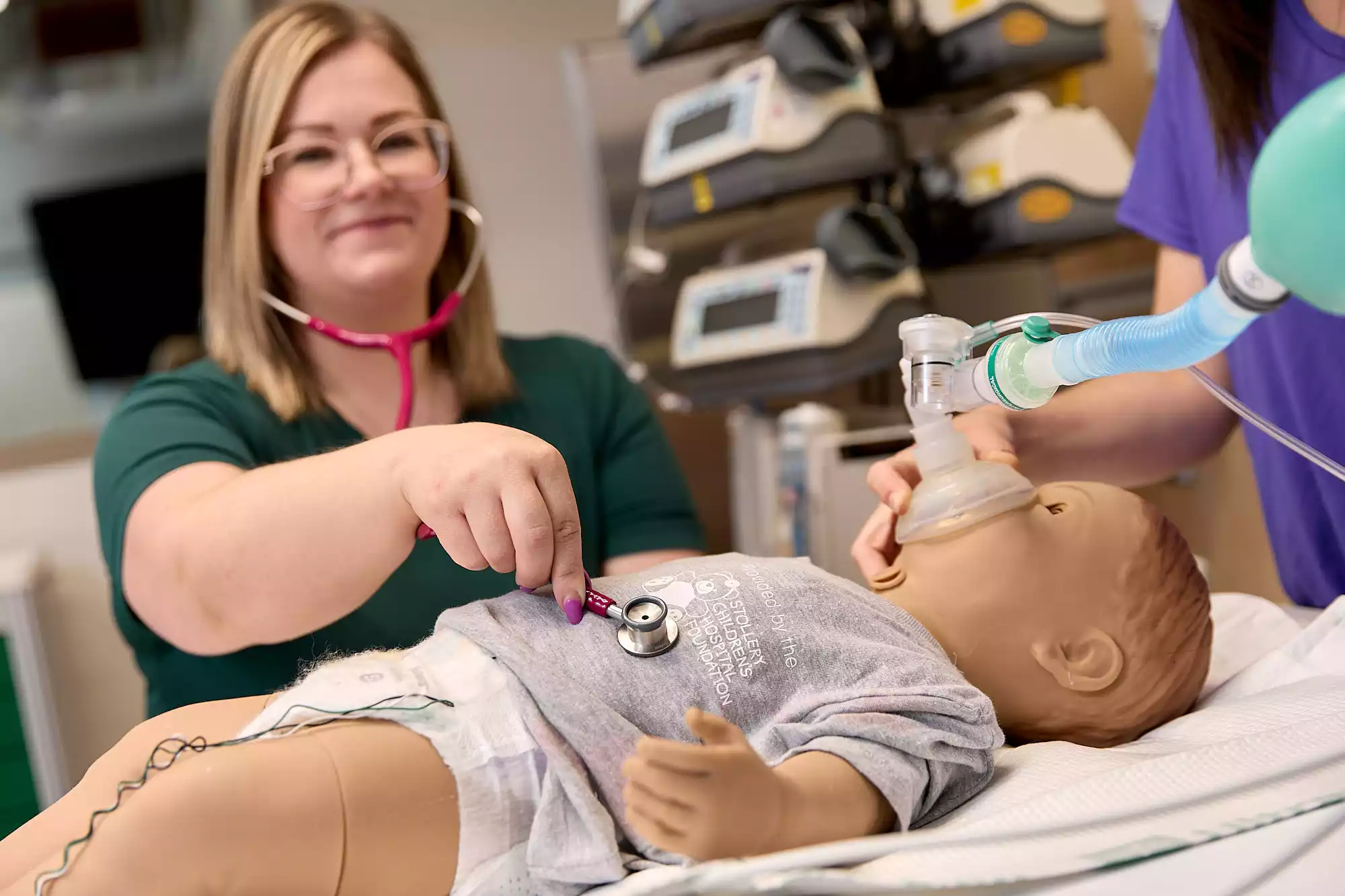
TRAINING
Such as the Stollery simulation program, which allows the Stollery’s medical experts to keep their skills sharp in a safe environment using life-like mannequins that can talk, cry, breathe and go through medical situations that help prepare staff for real-life experiences.